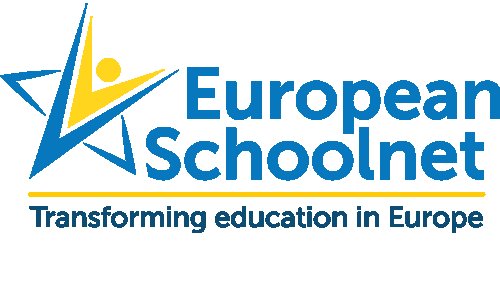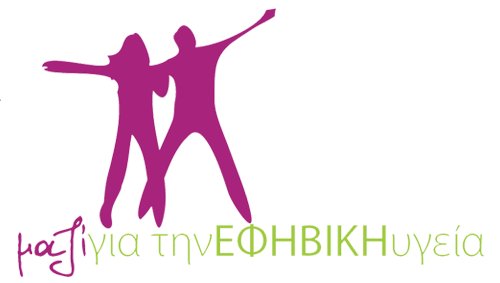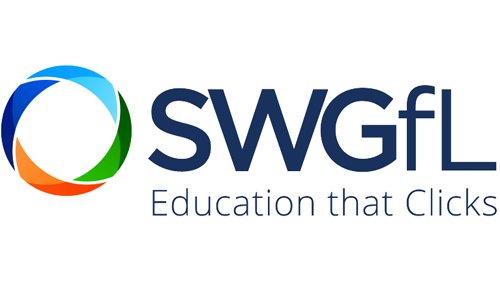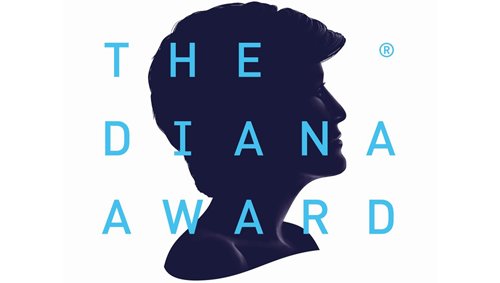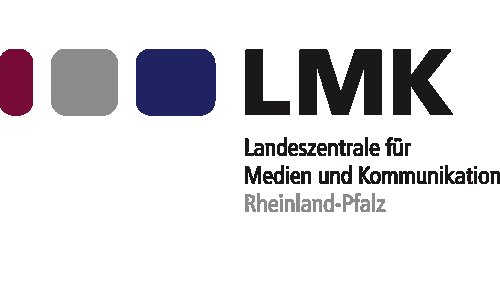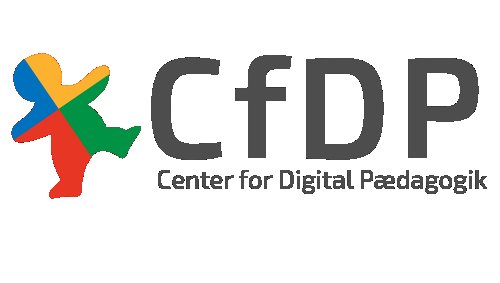Partners
Six partner from five countries (Belgium, Denmark, Germany, Greece, and United Kingdom) are part of SELMA. European Schoolnet is the coordinator of the project.
.
European Schoolnet
European Schoolnet is a network of 34 European Ministries of Education, based in Brussels. As a not-for-profit organisation, it aims to bring innovation in teaching and learning to its key stakeholders: Ministries of Education, schools, teachers, researchers, and industry partners. Since its founding in 1997, European Schoolnet (EUN) has used its links with education ministries to help schools make effective use of educational technologies, equipping both teachers and pupils with the skills to achieve in the knowledge society. In particular, it pledges to:support schools in achieving effective use of ICT in teaching and learning, improve and raise the quality of education in Europe, and promote the European dimension in education.
.
For Adolescent Health
The Non-Governmental Organization «For Adolescent Health» (FAH) has been founded and activated within a vision of promoting Adolescent Health in Greece, Europe and internationally. The activities of FAH cover various clinical, educational and research levels, while there is a significant focus on charity actions regarding youth in need. During the past three years, FAH has supported the work of the Adolescent Health Unit (A.H.U.) of the Athens University and has also collaborated with other local NGOs, European and International organisations. FAH takes part in European projects mainly focusing on human rights, youth empowerment and life coaching, anti-bullying and positive use of technology. FAH has recently joined the European NGO Alliance for Child Safety Online, eNACSO.
.
South West Grid for Learning
South West Grid for Learning (SWGfL) is an educational charitable trust that specialises in supporting schools, agencies and families to affect lasting change, primarily through the positive use of technology. It has built an international reputation for developing multi award-winning educational online safety tools and resources as well as providing educational establishments with safe, secure and reliable broadband internet connections. SWGfL works closely with the English, Welsh, Scottish and Northern Irish governments in advising and shaping policy, practice and legislation. SWGfL, alongside partners Childnet and Internet Watch Foundation, leads the UK Safer Internet Centre as part of the European Commission's Connecting Europe Facility (CEF) programme.
.
The Diana Award
The Diana Award is a charity legacy to Diana, Princess of Wales' belief that young people have the power to change the world. Our mission is to foster, develop and inspire positive change in the lives of young people. We do this in three key ways: driving change (facilitating change through practical action with young people), recognising change (rewarding positive change made by young people), and mobilising change (celebrating and supporting ongoing change in young people). Our main activities to achieve it are:
- The Diana Award: Awarding exceptional young people for selflessly creating and sustaining positive social change.
- Anti-Bullying: Engaging young people to change the attitudes, behaviours and culture of bullying by building skills and confidence to address difference situations, both online and offline.
- Mentoring: Building the resilience and character of young people by providing guidance in decision making, active citizenship, life and career skills.
.
LMK/Media Authority for Rhineland-Palatinate
Landeszentrale für Medien und Kommunikation Rheinland-Pfalz (Media Authority for Rhineland-Palatinate, LMK) is, in its organisational form, a public-law institution. Among the legal responsibilities of the LMK are the licensing, supervision, and support of private broadcasting, the promotion of media literacy and the supervision of telemedia (online services). LMK has been coordinating the German Safer Internet Centre and the Awareness Centre klicksafe within the EC's Safer/Better Internet and CEF Telecom Programme since 2004. As such, LMK has launched a wide range of pedagogical resources and campaigns on internet safety. LMK also closely cooperates with a wide range of partners on national and international level and is, among others, a member of the national committee of the German No Hate Speech Movement.
.
Centre for Digital Youth Care
Center for Digital Pædagogik (Centre for Digital Youth Care, CfDP) is one of Denmark's leading organisations for online counselling aimed at young people, working with a large network of volunteers. In addition, CfDP's pedagogical consultants educate other organisations in this line of work, while being associated with a variety of national socio-educational initiatives regarding vulnerable children and young people. Counselling kids and teens on their use of online technologies and frightening experiences remains of primary concern for the organisation. CfDP has run a helpline and counselled children and teens at risk since 2004. In 2017, the helpline completed more than 10,000 counselling sessions with children, young people and professionals, and had more than 1,000,000 unique website visitors from 460 cities in Denmark.
This project is funded by the European Union’s Rights, Equality and Citizenship Programme (2014-2020). The contents of this website are the sole responsibility of the author and can in no way be taken to reflect the views of the European Commission.

